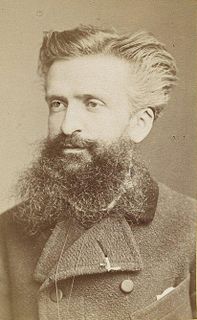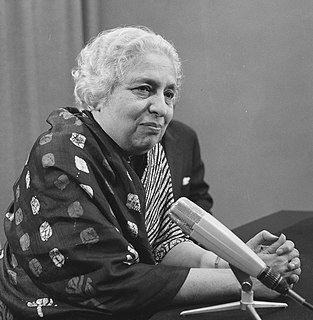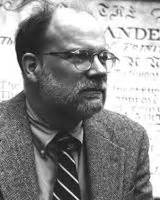A Quote by Noam Chomsky
Intellectuals are in a position to expose the lies of governments, to analyze actions according to their causes and motives and often hidden intentions.
Quote Topics
Related Quotes
When I try to analyze my own cravings, motives, actions and so forth, I surrender to a sort of retrospective imagination which feeds the analytic faculty with boundless alternatives and which causes each visualized route to fork and re-fork without end in the maddeningly complex prospect of my past.
Most people use two totally different sets of criteria for judging themselves versus others. We tend to judge others according to their actions. It's very cut-and-dried. However, we judge ourselves by our intentions. Even if we do the wrong thing, if we believe our motives were good, we let ourselves off the hook. And we are often willing to do that over and over before requiring ourselves to change.
Trivers, pursuing his theory of the emotions to its logical conclusion, notes that in a world of walking lie detectors the best strategy is to believe your own lies. You can’t leak your hidden intentions if you don’t think they are your intentions. According to his theory of self-deception, the conscious mind sometimes hides the truth from itself the better to hide it from others. But the truth is useful, so it should be registered somewhere in the mind, walled off from the parts that interact with other people.
Why do I think that we, the intellectuals, are able to help? Simply because we, the intellectuals, have done the most terrible harm for thousands of years. Mass murder in the name of an idea, a doctrine, a theory, a religion - that is all "our" doing, "our" invention: the invention of the intellectuals. If only we would stop setting man against man - often with the best intentions - much would be gained. Nobody can say that it is impossible for us to stop doing this.
They [intellectuals] coined most of the slogans that guided the butcheries of Bolshevism, Fascism, and Nazism. Intellectuals extolling the delights of murder, writers advocating censorship, philosophers judging the merits of thinkers and authors, not according to the value of their contributions but according to their achievements on battlefields, are the spiritual leaders of our age of perpetual strife.
God values deeds according to their intentions. For it is said, "The Lord grant unto you according to your heart" (Ps. 19:5) ... Therefore, whoever wants to do something but can't is considered as having done it by God, who sees the intentions of our hearts. This applies to both good and evil deeds alike.
Intellectuals love Jefferson and hate markets, and intellectuals write most of the books. Intellectuals often think that they should, for the benefit of mankind, act as fiduciaries for the clods who don't have to be intellectuals, and I suspect that has to do with [why historians love Jefferson and not Hamilton, even though Hamilton's vision of America's commercial future was vastly more accurate than Jefferson's].





































